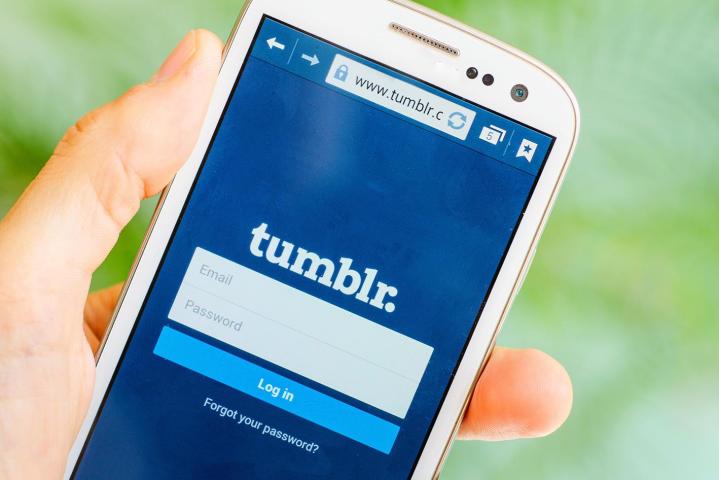
Starting today, the Yahoo-owned company will start showing ads on its 300-million-plus blogs, and it wants to share some of the generated revenue with you.
In a post titled, “Coming soon, money from your Tumblr,” the social blogging platform outlined plans to bring ads to Tumblrs so that “people can start making money from their blogs.”
It’s not clear what form the ads will take, though it seems likely they’ll show up natively among your posts rather than anywhere else on the page. There’s no word on the revenue split either, so hold tight for more information, which Tumblr promises is coming soon.
While the ads start rolling out now, the lucre won’t start rolling in till “later this year,” the company said. And take note, site owners – you’ll first have to register your details in order to become part of the scheme. Again, those registration details are on the way.
If you’re not interested in monetizing your Tumblr blog and the thought of “ugly” ads appearing on your carefully curated site causes an instinctive grimace of disapproval, fear not. You can turn them off in settings.
Ads have for several years been appearing on a user’s dashboard page, the part of the site that pulls in posts by other Tumblr users that you follow. This latest move, however, has the potential to take ads to a much wider audience, and in turn make the company a whole lot more money, something sure to delight Verizon, which recently announced its plan to acquire parent company Yahoo for $5 billion.
“Tumblr is a place where brilliant, creative, funny, impossible people shape culture,” the team said in a recent post announcing the new scheme, promising it’ll be available “to any eligible Tumblr – poet, musician, fan artist, and misfit weirdo memelord alike.”


